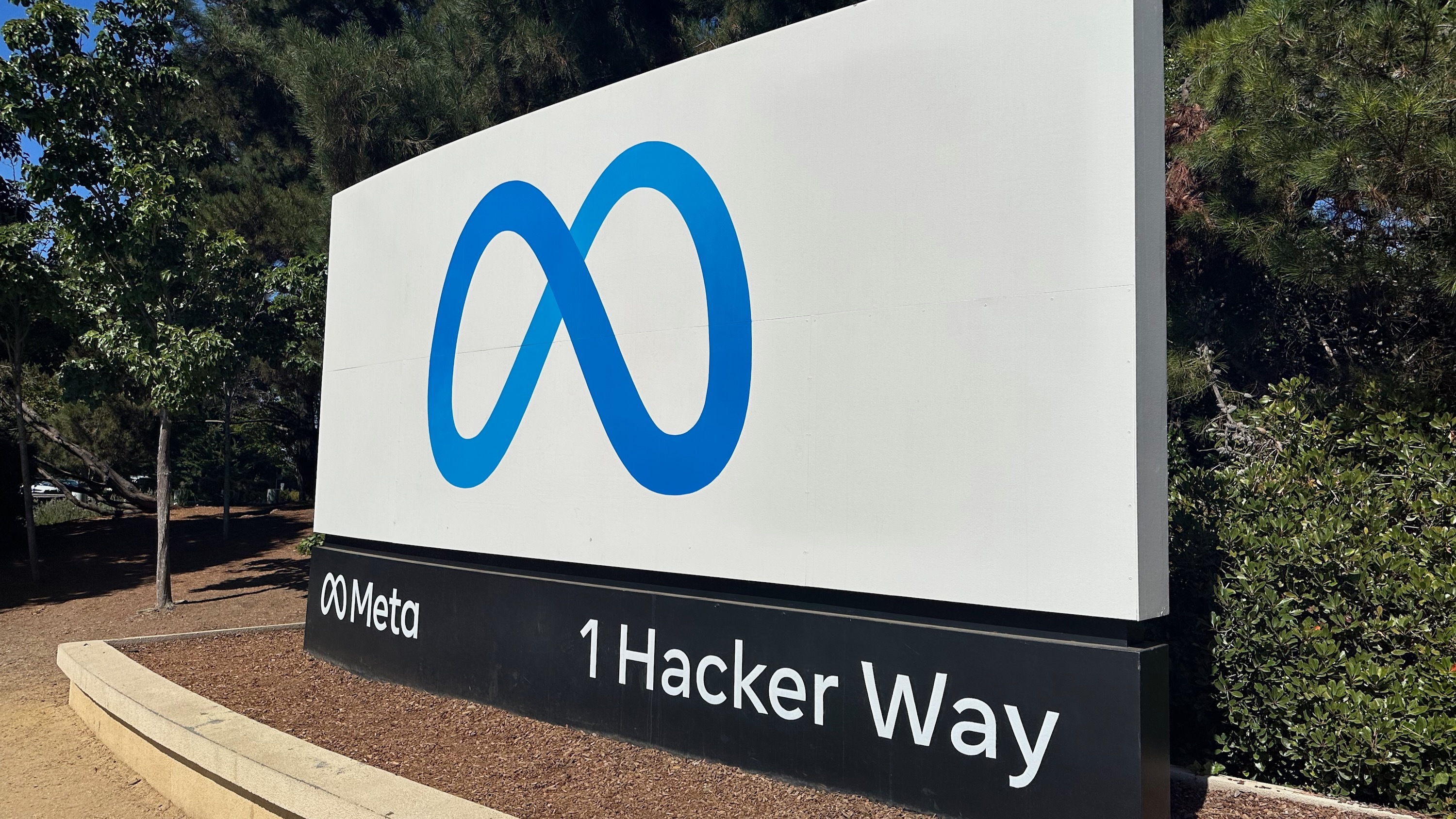Rumored Meta layoffs hint at struggles amid Quest 3 launch
Meta will lay off Reality Labs employees focused on developing custom silicon for Meta's VR and AR devices.

What you need to know
- Reuters reports that Meta will lay off employees from Reality Labs' Facebook Agile Silicon Team (FAST) unit.
- The FAST division's purpose is to develop custom silicon for future Quest headsets, AR glasses, and other "metaverse" devices.
- Currently, Meta relies on the Qualcomm Snapdragon XR2 chips for VR and mixed reality.
- The Meta Quest 3 launches on October 10.
Meta has laid off tens of thousands of employees in the past year as part of its "Year of Efficiency" initiative to appease shareholders. Now, Meta has more layoffs planned, specifically targeting a Reality Labs division that hasn't lived up to initial expectations, right before the Meta Quest 3 launch.
According to two Meta sources, the company posted on its internal forum that the Facebook Agile Silicon Team (FAST) should expect layoffs on Wednesday morning, reports Reuters. Employees will learn of their specific status at that time.
We sent a request for comment on the news to Meta, and will update the post if we learn more.
While FAST has 600 members, we don't yet know how many engineers will be laid off. The department's task is to create custom silicon for future VR, AR, and MR headsets. Thus far, all of Meta's devices have used Qualcomm processors.
In early 2021, Mark Zuckerberg said during an interview that the company wanted to create custom silicon for the Quest 3 and Quest 4. However, Oculus — which later became Meta — quickly moved on from this plan for the Quest 3, while also abandoning its plans for a custom operating system called XROS in early 2022.
Currently, the Meta Quest 3 uses the Snapdragon XR2 Gen 2, a high-performance chip that delivers some major graphical and performance gains for Quest 2 titles. But Meta likely still had hopes of switching to its own custom silicon for future devices, Quest or otherwise.
We won't know the extent of the layoffs until tomorrow, and it's entirely possible that FAST will continue to operate at a smaller scale — perhaps focusing more on AR devices like the Ray-Ban Meta smart glasses. But it does appear that Meta is prioritizing short-term budget balancing over the long-term benefit of using its own chips and designing Quest headsets around them, instead of paying Qualcomm for them and relying on its designs.
Be an expert in 5 minutes
Get the latest news from Android Central, your trusted companion in the world of Android
Meanwhile, the Meta Quest 3 is on track to launch on October 10. Our initial hands-on impressions of the headset's upgrades over the Quest 2 have been very favorable. The main question is whether or not Quest 3 pre-orders will live up to expectations, given its higher launch price compared to the Quest 2.

Michael is Android Central's resident expert on wearables and fitness. Before joining Android Central, he freelanced for years at Techradar, Wareable, Windows Central, and Digital Trends. Channeling his love of running, he established himself as an expert on fitness watches, testing and reviewing models from Garmin, Fitbit, Samsung, Apple, COROS, Polar, Amazfit, Suunto, and more.
